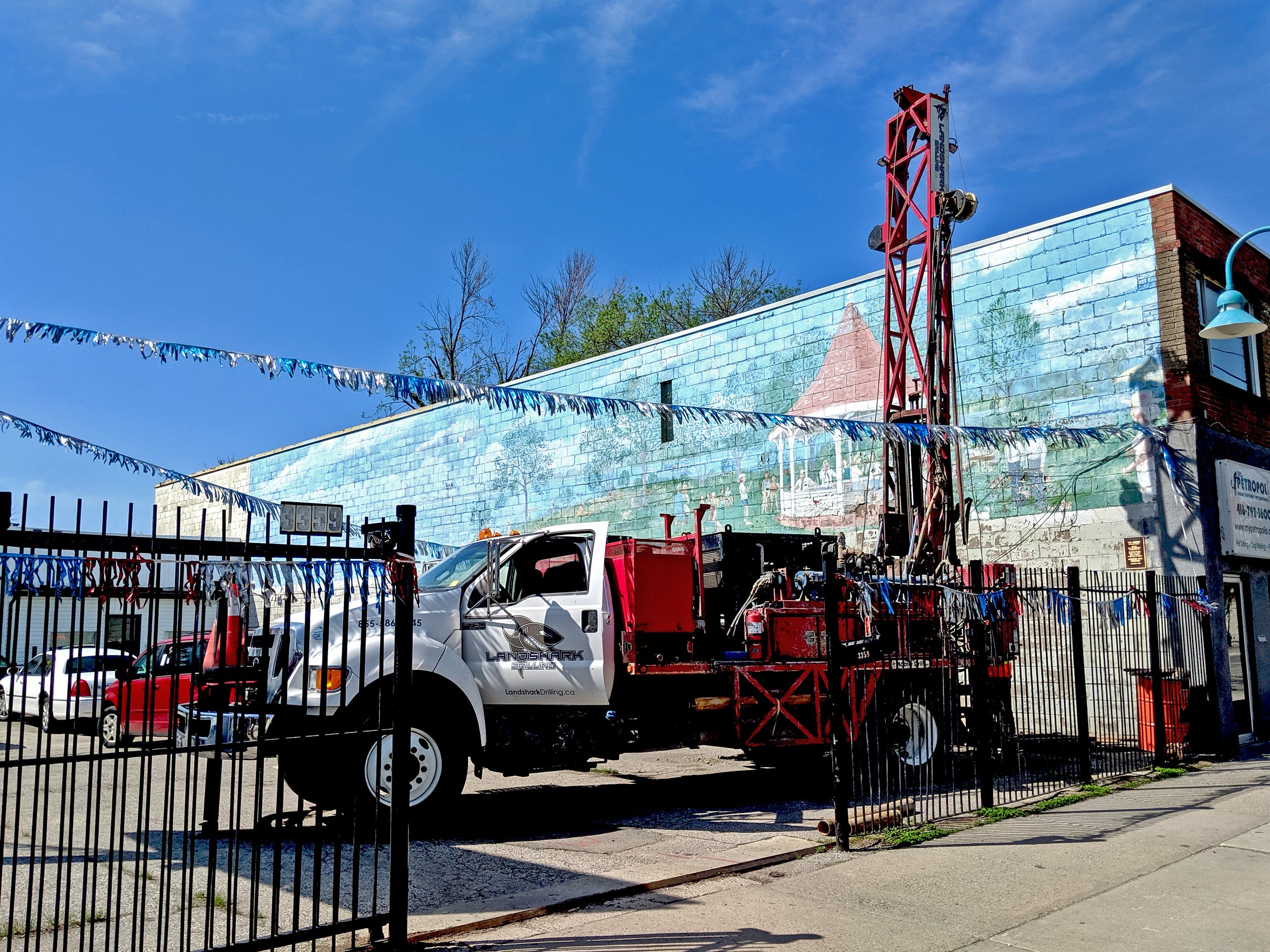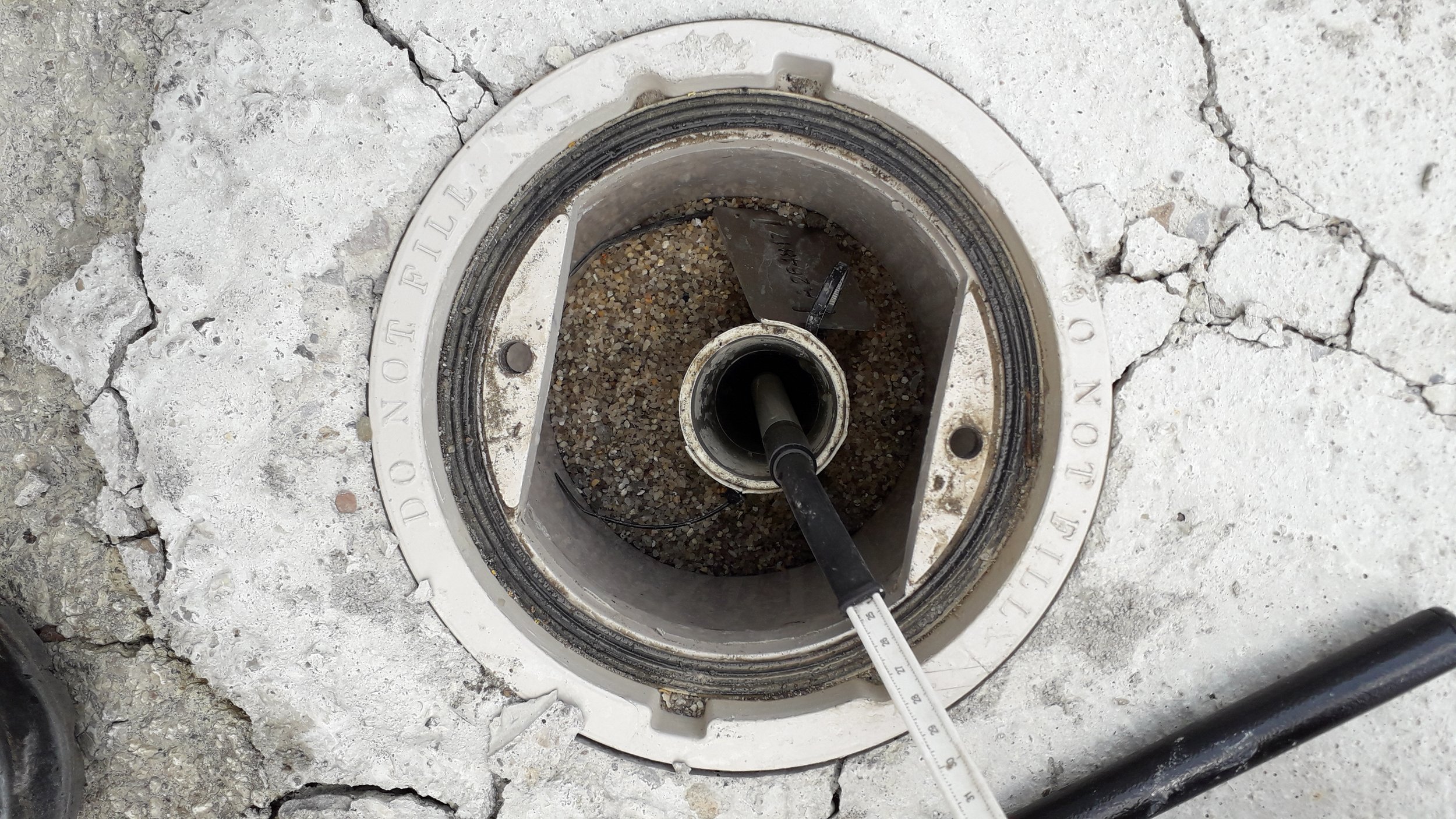
ENVIRONMENTAL ENGINEERING
OVERVIEW
Our clients are our number one priority at PRI Engineering. We offer a range of environmental engineering services that minimize and manage your project risk and build sustainable operations. To each project, we bring knowledge of best practices and extensive experience across Canada and the U.S. to develop solutions that fit your project’s requirements.

OUR ENVIRONMENTAL ENGINEERING SERVICES
PHASE I AND PHASE II ENVIRONMENTAL SITE ASSESSMENTS
At PRI Engineering, our ESAs are designed to provide you with a detailed understanding of your site's environmental condition. Whether you’re a real estate developer, construction company, or involved in public sector projects, our ESAs are a crucial step in ensuring environmental integrity and compliance.
GROUNDWATER AND DEWATERING
A dewatering management plan mitigates the risk of and cost of excessive water on-site during construction while minimizing the environmental impact of activities.
SOIL MANAGEMENT AND PLAN DEVELOPMENT
Our experienced team of professional engineers and technologists understand the challenges faced by our clients and can help you create a cost-effective and sustainable Soil Management Plan.
EXCESS SOIL MANAGEMENT
The team at PRI Engineering understands the regulations to help reduce your overall construction costs and mitigate potential environmental risk at the disposal level.
VARIOUS ROAD PROJECTS - COBOURG ONTARIO
FEATURED PROJECT
Our various road projects in Cobourg, Ontario, exemplify PRI Engineering's environmental engineering prowess, integrating sustainability with road construction and materials testing. These initiatives included comprehensive environmental assessments and solutions tailored to enhance durability and safety, reflecting our dedication to minimizing project risks and promoting sustainable infrastructure.

WHY WORK WITH PRI ENGINEERING
EXPERIENCED AND CERTIFIED ENGINEERS
Fully certified engineers and technicians to deliver reliable results quickly.
AGILE AND ADAPTABLE TEAM
Rather than a one-size-fits-all attitude, we believe that we can save money and time by personalizing our services to your exact needs.
COMMITTED TO RISK MANAGEMENT
We cater our services to your risk profile, budget, and needs.
INNOVATIVE SOLUTIONS
We tackle every project with innovative solutions to accomplish exactly what our customers need, so they can be confident that they are saving time, money, and of course – peace of mind.







